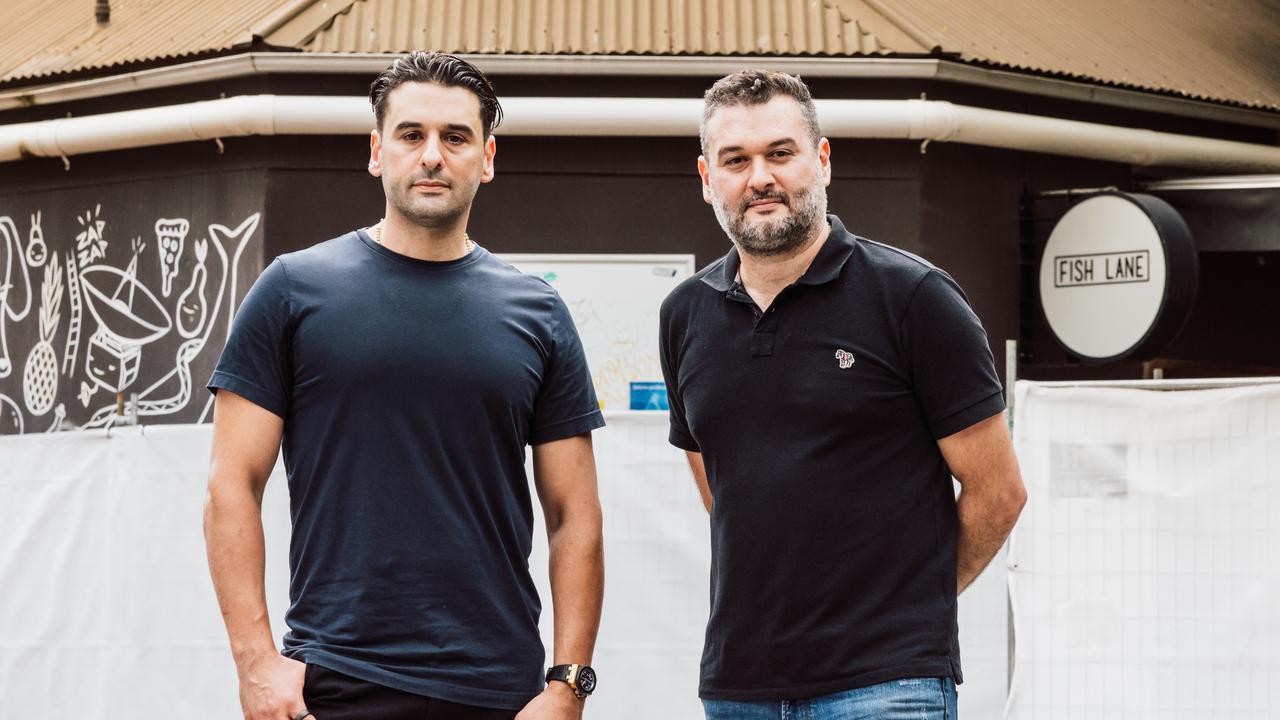Why a full yoga class results in empty office seats
Australia’s largest property companies are treating the workplace as a product and want to create a return on investment for a worker’s commute time.

Some employers are finding that staff are only turning up to work on the days there’s an in-office yoga class or a pilates instructor is due to come in.
On days workers can’t get a spot in those classes they’re choosing not to come in altogether, says Sophie Fallman, a Brookfield managing partner.
“Anecdotally, what we see as a huge drawcard in our buildings is having a pilates instructor or a yoga class,” said Ms Fallman, who is also the company’s head of Australian real estate. “We’ve heard through some of our tenants that people will come into the office to work on the days that the classes are on, and if they can’t get a spot in the class, then they might not come into the office.”
Office occupancy and the kind of properties which are sought after by potential tenants were among the hot topics raised at the Australia-Israel Chamber of Commerce’s annual lunch on Thursday, which counted Dexus’s CEO Darren Steinberg and CBRE’s executive managing director of property management Natalie Slessor as panel speakers.
Bad weather and long commutes were not a recipe for success when it came to getting people back to the office, Ms Slessor said. “Any event manager can tell you how a workplace really works. You can correlate the sunshine with people coming to the city for a frosty drink or maybe dinner after work and so forth.”
As a means to get workers back to the office, CBRE was looking at ways to create a return on investment for people’s time, and figuring out what role occupants and landlords have to play in that.
Ms Slessor said she no longer used the term “workplace” and had exchanged it for “places of work”, explaining that “we’re not there for the desk and the chair anymore when we’ve got that replicated in our homes”.

What had become important was what venues and experiences existed within a short walk from the office, she said. “There may be many other reasons, not just collaboration and connection – it might be social reasons, it might be retail, it might be actual job interviews.”
That strategy appears to be well replicated in the US in cities such as San Francisco where tech giants have for the past few years invested in the development of schools, local parks and other entertainment venues.
“The office of the future is going to be tightly location-based around those vibrant mixed-use precincts,” Ms Slessor said.
Mr Steinberg said while moving closer to the CBD was nothing new, “the difference is companies may not need as much space”.
“Inquiries (aren’t) across all levels of tenants. The inquiry level is from tenants in the 1000sq m to 2000sq m,” he said. “It’s small to medium enterprise rather than the big CBAs and ANZs of the world and that inquiry has been quite solid over the last six to 12 months.”
Workers commuting to work only between Tuesday to Thursday was something Dexus had witnessed across the globe from Hong Kong to London and New York, he said, adding that while most offices hadn’t kept data surrounding foot traffic pre-Covid, they now had to.
Mr Steinberg said it was true that productivity was a major issue for most companies and that “productivity is very poor across the globe”.
“We’re still not at the level that we can collaborate the same over the internet as the marketing would have it from many tech companies,” he said. “In fact, it’s the tech companies that are demanding people come back because productivity has dropped.”
Ms Slessor said she was of the view that companies now needed to treat the workplace as a product. “People can’t be told to use a product, you have to start with the benefits,” she said.
“We have to have a product mindset on the workplace potentially, because the relationship has changed.”







To join the conversation, please log in. Don't have an account? Register
Join the conversation, you are commenting as Logout